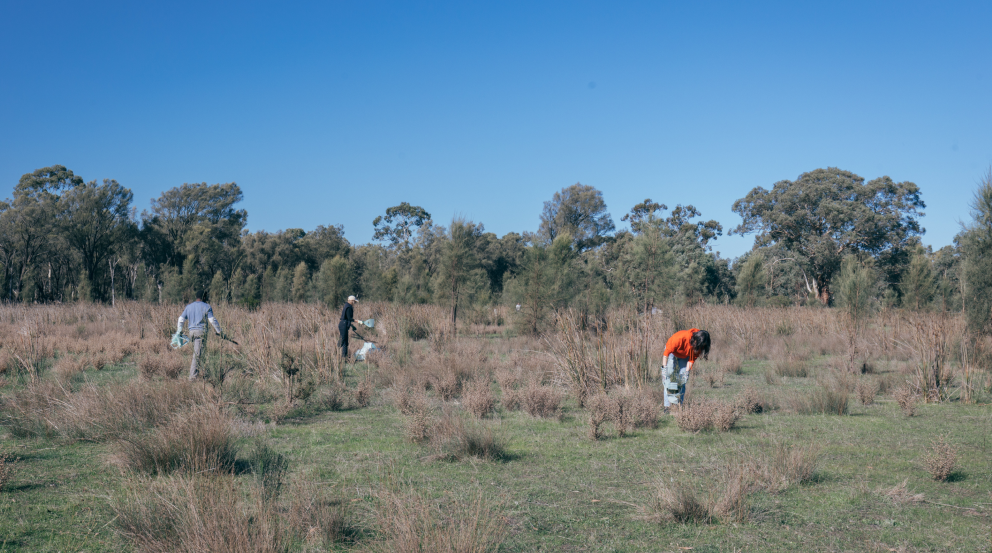At some point in our lives, most of us will experience loneliness, isolation or feel like we don’t belong. For some of us, it’s a fleeting feeling. But for many, this disconnect can be much longer lasting.
That’s where WIRE steps in. WIRE– which stands for Women’s Information and Referral Exchange – offers support, resources and conversation to women, non-binary and gender diverse people in need of support via phone, email, online chat or in person.
“People can contact us about anything: unemployment, migration, mental health issues, relationship issues… sometimes people just call wanting practical advice on where to find a particular professional, like a carpenter or someone to help them move house,” explains Anna Andersson, a WIRE Employment Workshop Coordinator and Social Inclusion Lead.
“When we’ve heard a bit about their story, what their priorities are, and whether they have any support in place, we can see what sort of resources, information or referrals might be helpful for them.”
Throughout the pandemic, WIRE saw an increase in people needing support. COVID meant that many services had limited capacity, were overwhelmed and under resourced, or were forced to shut down completely, and it became harder for the WIRE team to find support and services for people.
But one of the biggest themes that emerged was a need for connection and to feel part of a community.
“There’s a lot of stigma around loneliness and isolation, but it isn’t an individual’s fault. It’s certain life experiences that have contributed to them feeling lonely and isolated,” Anna explains, who recently undertook a Social Inclusion Project at WIRE that provides insightful research into loneliness and isolation.
“Life can be tough, and I think that everyone will need support at some point in their lives,” she continues. “Some people have access to family members or networks of friends, and they feel like that’s enough. But others are far away from loved ones, or feel that they don’t have anyone to talk to, or want to talk to someone who’s neutral.”
That’s the beauty of a service like WIRE. Participants can talk to support workers who are trained to assist in drawing out themes, reflect back strengths, and provide helpful resources.
“We need to have services available that can meet people where they’re at, and offer a non-judgmental place where people can express themselves,” Anna says. “When you talk to someone, you not only hear yourself and process things as you say them out loud, but you also get someone else’s perspective on it.”
WIRE also provides training, community education programs and workshops, including employment workshops that have been funded by Bank Australia.
“That funding we got from Bank Australia enables us to work more closely with people and support them a bit more,” Anna says. “It means we can do more than offer a one-off workshop; we can provide a series of 10 workshops, and give participants one-on-one support as well.”
These workshops also give participants a safe space to share. “It’s so great that a bank is able to offer financial assistance to organisations like us,” Anna says. “Without the support of Bank Australia, these workshops just wouldn’t be possible.”
Find out more about how our Impact Fund is helping create a more positive Australia.
%2520(1).webp)







